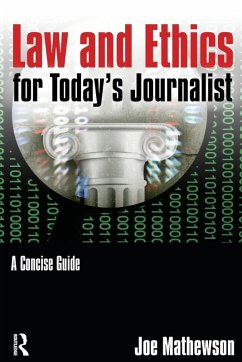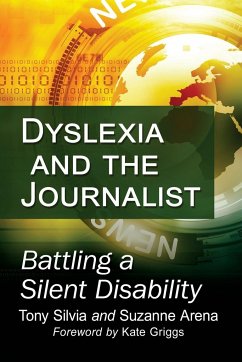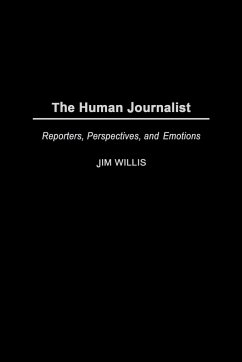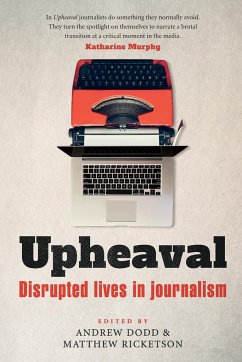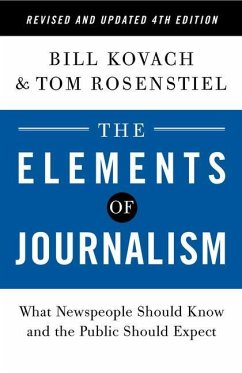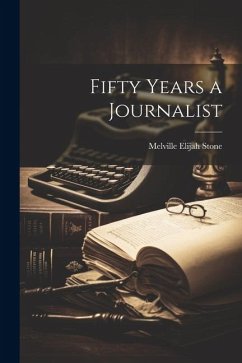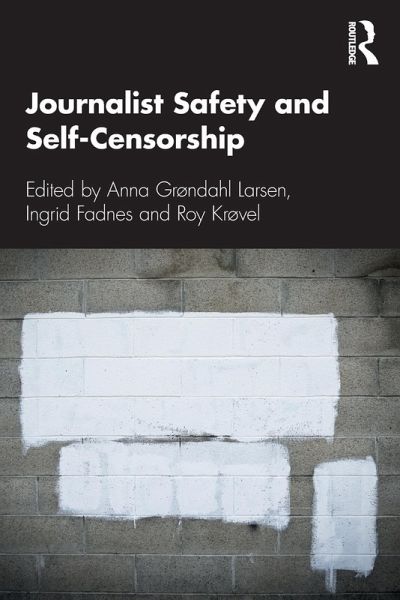
Journalist Safety and Self-Censorship
Versandkostenfrei!
Versandfertig in 1-2 Wochen
50,99 €
inkl. MwSt.

PAYBACK Punkte
25 °P sammeln!
This book explores the relationship between the safety of journalists and self-censorship practices around the world, including local case studies and regional and international perspectives. Bringing together scholars and practitioners from around the globe, Journalist Safety and Self-Censorship provides new and updated insights into patterns of self-censorship and free speech, focusing on a variety of factors that affect these issues, including surveillance, legislation, threats, violent conflict, gender-related stereotypes, digitisation and social media. The contributions examine topics suc...
This book explores the relationship between the safety of journalists and self-censorship practices around the world, including local case studies and regional and international perspectives. Bringing together scholars and practitioners from around the globe, Journalist Safety and Self-Censorship provides new and updated insights into patterns of self-censorship and free speech, focusing on a variety of factors that affect these issues, including surveillance, legislation, threats, violent conflict, gender-related stereotypes, digitisation and social media. The contributions examine topics such as trauma, risk and self-censorship among journalists in different regions of the world, including Central America, Estonia, Turkey, Uganda and Pakistan. The book also provides conceptual clarity to the notion of journalist self-censorship, and explores the question of how self-censorship may be studied empirically. Combining both theoretical and practical knowledge, this collection serves as a much-needed resource for any academic, student of journalism, practicing journalist, or NGO working on issues of journalism, safety, free speech and censorship.





